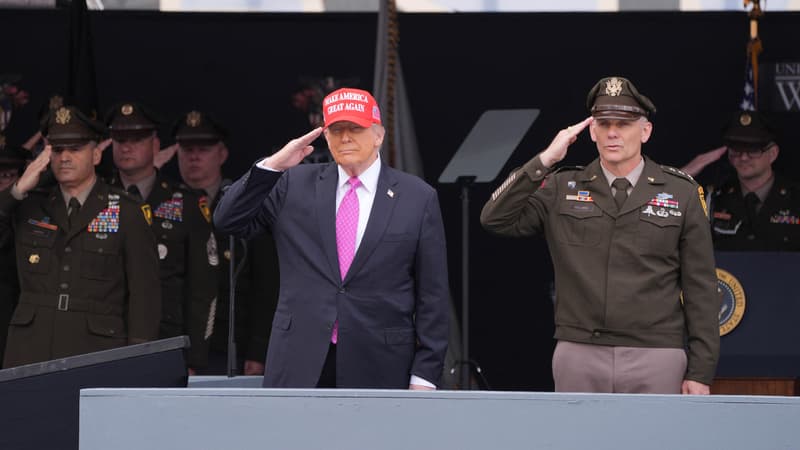An (anonymous) friend who wishes you the best. Will the US military really benefit from this mysterious $130 million donation from a “friend” of Donald Trump who wants to remain anonymous? On Thursday, October 23, the Pentagon formalized a donation of $130 million to pay part of the salaries of the US armed forces, while the budget paralysis (“shutdown”) continues.
This hefty sum of $130 million is, however, just a drop in the ocean, as the US military numbers almost 1.3 million people. A distribution of this donation would be equivalent to distributing approximately $100 per soldier, CNN notes. Politico specifies that salaries for the first half of October represented approximately 6.5 billion dollars.
According to CNN, the Trump administration has already transferred $8 billion in funds allocated to military R&D to ensure continued payment of salaries.
A questionable gift
While Donald Trump welcomed this gift, he refused to reveal the identity of the generous donor, which does not fail to raise some ethical issues. Politico explains that any donation over $10,000 intended for military members or their families must be validated by an ethics committee to ensure that the donor is free of any conflict of interest. These verification measures are reinforced in the case of a non-American donor.
CNN reports on Democrat Chris Coons, who is concerned that “the use of anonymous donations to fund our military raises troubling questions about the risk of our own troops being ‘bought’ and paid for by foreign powers.”
The Pentagon intervenes and ensures that the donation complies with regulations. Asked by CNN about the identity of the donor and its possible links to foreign entities or interests, the White House spokesperson referred to the Treasury Department and the Pentagon, which in turn referred to the White House. The Treasury did not immediately respond to questions from CNN.
Furthermore, according to Bill Hoagland, former Republican Senate budget advisor and current vice president of the Bipartisan Policy Center, “the anti-deficit law clearly states that private donations cannot be used to offset a decrease in budget allocations.” He told CNN that this donation could be accepted, but not used to pay salaries.
Caught in budget paralysis and inconclusive negotiations between Republicans and Democrats, the United States faces its twenty-fifth day of closure, one of the longest on record: the record is 35 days, during Donald Trump’s first term.
Source: BFM TV


